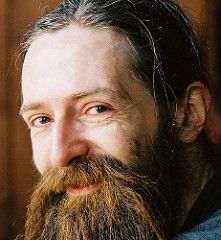Nov 13, 2011
D’Nile aint just a river in Egypt…
Posted by Schwann Cybershaman in categories: business, complex systems, cosmology, economics, education, ethics, existential risks, finance, futurism, geopolitics, human trajectories, humor, life extension, lifeboat, media & arts, neuroscience, open access, open source, philosophy, policy, rants, robotics/AI, space, sustainability
Greetings fellow travelers, please allow me to introduce myself; I’m Mike ‘Cyber Shaman’ Kawitzky, independent film maker and writer from Cape Town, South Africa, one of your media/art contributors/co-conspirators.
It’s a bit daunting posting to such an illustrious board, so let me try to imagine, with you; how to regard the present with nostalgia while looking look forward to the past, knowing that a millisecond away in the future exists thoughts to think; it’s the mode of neural text, reverse causality, non-locality and quantum entanglement, where the traveller is the journey into a world in transition; after 9/11, after the economic meltdown, after the oil spill, after the tsunami, after Fukushima, after 21st Century melancholia upholstered by anti-psychotic drugs help us forget ‘the good old days’; because it’s business as usual for the 1%; the rest continue downhill with no brakes. Can’t wait to see how it all works out.
Please excuse me, my time machine is waiting…


 The summer 2010 “
The summer 2010 “ Also speaking at the H+ Summit @ Harvard is
Also speaking at the H+ Summit @ Harvard is 






